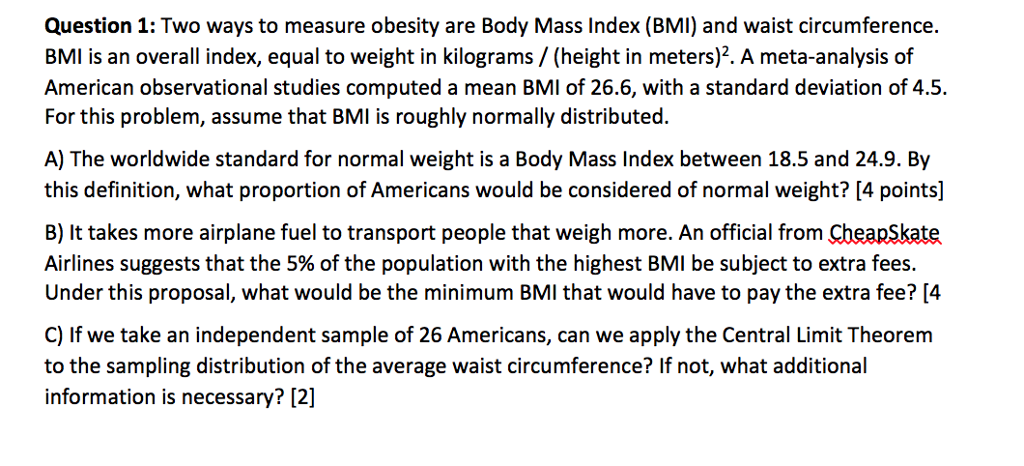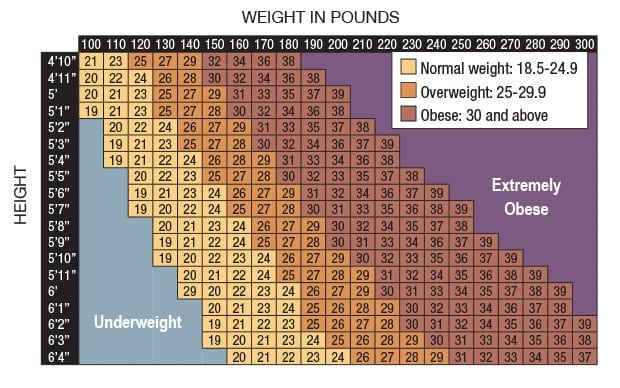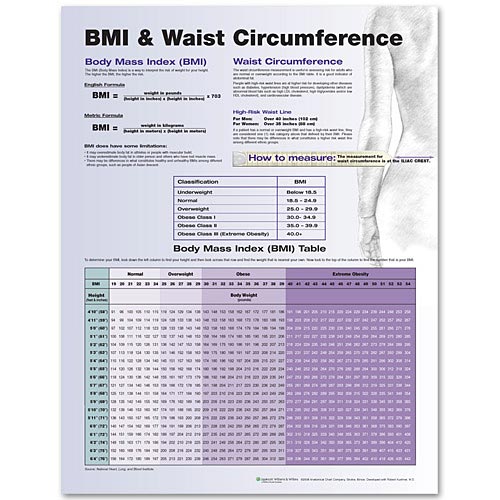Write down both numbers and divide your waist measurement by your hip measurement. Whr waist in inches hips in inches. To calculate body mass index bmi divide weight in kilograms by height in metres squared. To calculate his bmi. Body mass index bmi is a measure of body fat based on height and weight that applies to adult men and women. Body mass index bmi is a widely used diagnostic tool for identifying weight problems.
Covid 19 updates see how were providing safe in person care and virtual visits. Then measure your hips at their widest point. 82 174 174 27kgm2 weight height height bmi the desirable range is from 185 to 25kgm2. Overweight and obese individuals are at risk for a variety of medical conditions and dramatic weight gain or loss can lead to stretch mark eruptions. A textbook of body measurement for sports and health courses unsw press 1996. To calculate your waist to hip ratio measure your waist about halfway between your ribs and your belly button.
To prevent unsightly stretch marks its important to keep your bmi in the normal range. A bmi greater than 25 may indicate that you are overweight while a bmi greater than 30 generally indicates obesity. Calculate your body mass index. Determining your waist to height ratio and associated health risks coffee break. A high bmi and large waist size may signal an increased risk of heart disease. Body mass index bmi uses weight and height to estimate body fat.
Waistis usually measured at one inch above the navel. However bmi and waist circumference are not diagnostic tools for disease risks. Select compute bmi and your bmi will appear below. Body mass index bmi the body mass indexbmi is calculated by dividing your weight in kg by the square of your height in meters. The following applies to adults. A trained healthcare provider should perform other health assessments to evaluate disease risk and diagnose disease status.
Enter your weight and height using standard or metric measures. Bob is 174 m tall and weighs 82 kg. The simple equation is. Body mass index bmi and waist circumference are screening tools to estimate weight status in relation to potential disease risk.


















